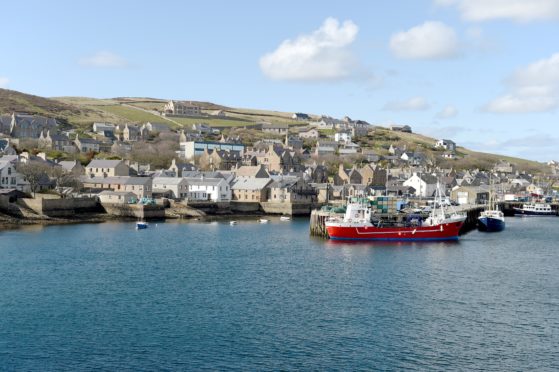A lack of suitable housing is preventing Orkney residents from moving as they get older or face health issues, researchers have found.
A study for Age Scotland, funded by the Scottish Government, found accessibility, isolation and high fuel costs were key concerns for older people on the islands.
More than half of respondents said they were concerned about rising fuel costs, while almost half said they turned down their heating to reduce their bills.
One in nine older residents said they struggled to pay their fuel bills some or all of the time.
Orkney has one of the fastest ageing populations in Scotland, with the number of residents aged 75 and over predicted to rise by 115.8 per cent by 2037, according to National Records of Scotland.
The report highlights a need for more action to “future-proof” homes on the island and build more suitable accommodation.
Age Scotland and ScotInform surveyed 958 people aged 55 and over across Orkney, a total of 18 per cent of the population. Of these, a third reported they had long-standing health problems.
Most respondents said they would prefer to live in their own homes as they got older, but fewer than a third had adapted their homes. 15% plan to move in the next 10 years, with most wanting to live in a bungalow.
More than a quarter of people aged 75 and over plan to move to supported accommodation, raising concerns that there is not enough housing to fit their needs.
Brian Sloan, chief executive of Age Scotland, said: “While most older Orcadians are happy in their homes, this research highlights a shortage of suitably adapted homes that will enable people to stay in their communities.
“While many are thinking ahead to their future needs, others are waiting for their health to deteriorate before they make a decision. We’d like to see more awareness of the choices available and help for residents to adapt their homes.”
